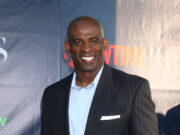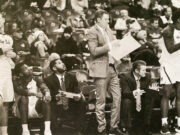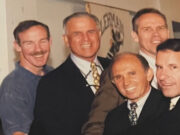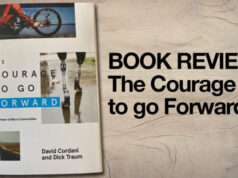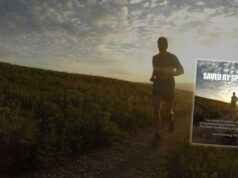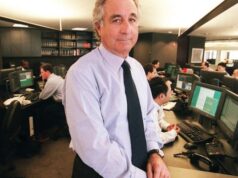By PAUL SCHIENBERG, PhD
Sport Psychologist
May 25, 2007
Question: I was a member of a private golf club on Long Island. Due to personal reasons, I could not renew my membership and now play on public courses. I face a number of issues now while playing golf that has affected my performance. Firstly, there are longer waits between shots. Secondly, I used electric golf carts to get around the public courses. Now, I pull a golf cart. I get more fatigued by the twelfth hole. And finally, I’m playing with people I don’t know. Do you have any suggestions regarding these issues?
Answer: I certainly don’t mean to meddle in your personal affairs. Your question has the “sound” of someone who has taken a shot to the circumstances of life as well as your ego. I will not play armchair psychologist and get into your very personal matters. Often setbacks in one part of our life can have rippling effects on other aspects.
It’s difficult to not take things personally – like “why me?” I want you to hear the answer to this question as helpful. It is, “Why not you?” It happens at one time or another to all of us. Now, I’m sorry to say it is your turn. If you can turn your negative thoughts about public courses into thoughts of positive opportunity, you will enjoy your game again. So, here goes.
There is some pride that comes along with golfers noting, “I play at the (blank) Country Club.” What’s not to like about driving up to a beautiful building, having a valet greet you by your name, and park your car in “your spot.” Then you walk into the country club building, down to the locker room, your shined golf shoes are sitting under your locker, and so on. Your golf bag is set up by the practice tees. I won’t go on. You got the idea. You were living that golf life. Now you are living a different golf life – the public links. I do understand that changes, especially negative ones, can create negative thoughts that will affect all aspects of your game. It will take some adjusting to the new rituals of playing at public links.
You know many important golfers began playing golf on public links. Tiger Woods’ father got his start on a course in Brooklyn…that’s where he got the bug and passed it on to his son. There have also been many important golf tournaments that have been played on public courses – Bethpage most recently. I have been on some very beautiful public golf courses that have great amenities.
Think about this: Who are the people who play on public courses? Those golfers who will do anything to play the game – get up at 5:30 AM on a weekend morning, put their names on a list, slug down coffee to wake up, clean and shine their own clubs, etc. These people love the game and sacrifice a lot to play it. I’m not trying to say the golfers who are members of country clubs don’t love the game. But, they are often drawn as much by the accoutrements of the Country Club as the game. Maybe you can look at the public course players you will meet on the course as purists.
Instead of missing the electric cart, you can focus on the opportunity to walk a course. You are strolling the course (yes, I remember, pulling the cart). You can learn more about how to play that particular course because you will see more of the course. Phil Michelson walks the course when he’s in a tournament. He gets a birds eye view of the type of grass, rolling hills, etc. You will be treating the entire course as you walked the greens at the Country Club.
It helps keep you in better physical condition. Instead of having a large meal right before and/or after you play at the Club, you will actually experience the exercise benefits of having walked about 8,000 yards. By the way, if you are pulling a cart, remember to switch arms.
The better your physical condition, the better you will play.
Again there are often longer waits between shots on public courses. It is true that the rhythm of the game changes when there are long waits. It is very important not to get aggravated. I would do some stretching exercises, practice swings, talk to the fellow golfers (not about the delay), etc.
I hope these ideas make this transition a better one for you and you experience the changes as a gain.

